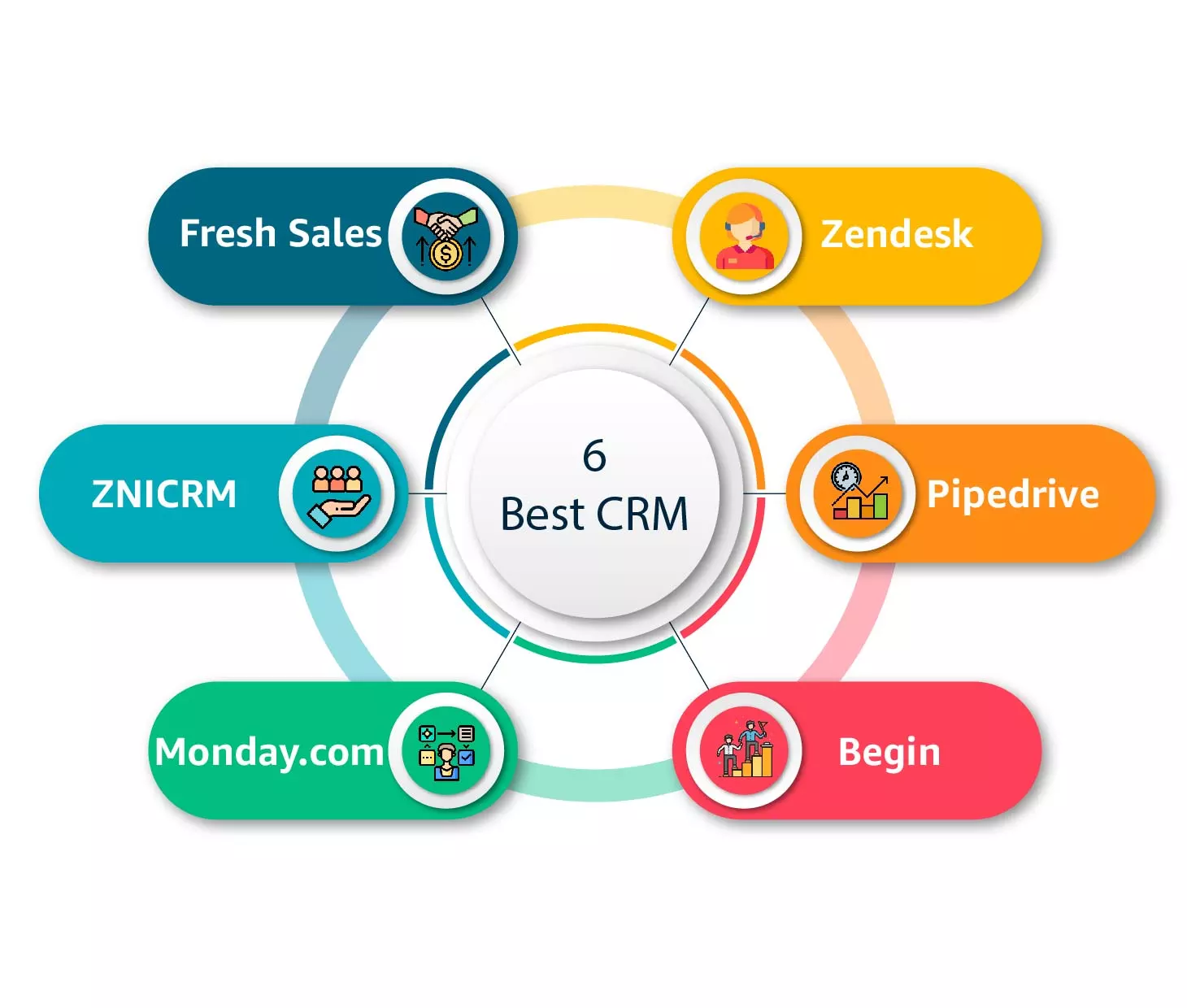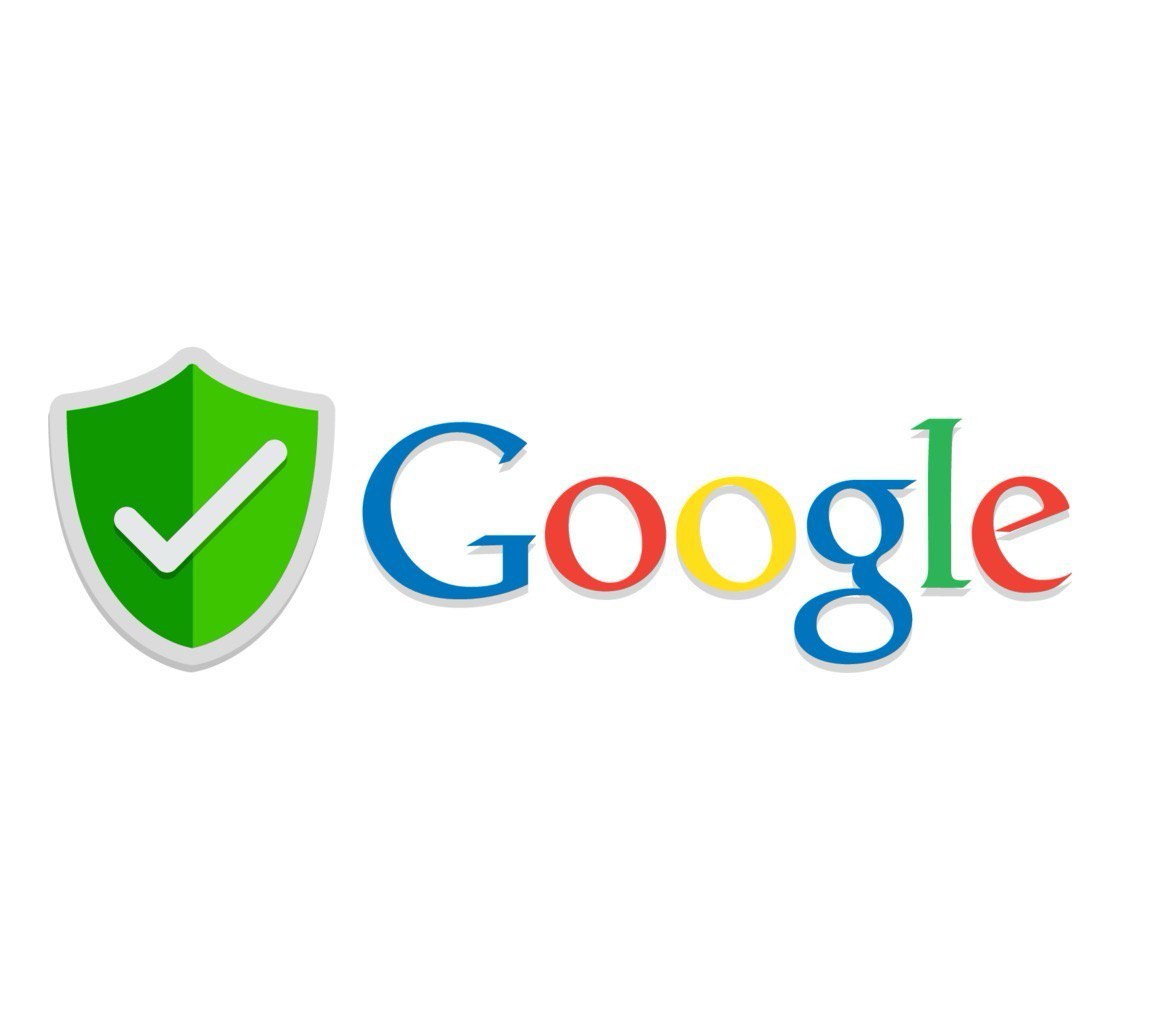For small businesses, managing customer relationships is crucial for driving growth and revenue. A Customer Relationship Management (CRM) system helps streamline interactions with customers, prospects, and sales leads. With numerous CRM options available, selecting the right one can be overwhelming.
This article highlights the top CRM platforms tailored for small businesses, comparing their features, pricing, and benefits. By examining these leading CRM solutions, small business owners can make an informed decision and choose a platform that meets their unique needs, enhances customer engagement, and ultimately boosts their bottom line. Effective CRM is key to business success.
Top CRM Platforms for Small Businesses: A Comprehensive Overview
When it comes to managing customer relationships, small businesses need a robust and efficient CRM system that can help them streamline their sales, marketing, and customer service processes.
With so many CRM platforms available, it can be overwhelming to choose the right one for your business. In this section, we’ll explore the top CRM platforms for small businesses, highlighting their key features, pricing, and benefits.
Key Features to Consider When Choosing a CRM Platform
When selecting a CRM platform, there are several key features to consider. These include contact management, sales automation, marketing automation, and customer service and support. A good CRM platform should also offer integration with other business applications, such as email marketing tools and accounting software.
Additionally, consider the user interface and mobile accessibility to ensure that your team can easily navigate and use the platform on-the-go.
Top CRM Platforms for Small Businesses: A Comparison
Some of the top CRM platforms for small businesses include HubSpot CRM, Zoho CRM, and Freshsales. These platforms offer a range of features, including contact management, sales automation, and marketing automation.
| CRM Platform | Pricing | Key Features |
|---|---|---|
| HubSpot CRM | Free | Contact management, sales automation, marketing automation |
| Zoho CRM | $12/user/month | Contact management, sales automation, integration with other Zoho apps |
| Freshsales | $12/user/month | Contact management, sales automation, customer service and support |
Benefits of Implementing a CRM Platform for Your Small Business
Implementing a CRM platform can bring numerous benefits to your small business, including improved customer relationships, increased sales, and enhanced customer service. By having a centralized platform to manage customer interactions, you can gain a 360-degree view of your customers and provide more personalized and effective service.
Additionally, a CRM platform can help you streamline your sales and marketing processes, reducing the risk of errors and improving overall efficiency.
How much does a CRM cost for a small business?

The cost of a CRM (Customer Relationship Management) system for a small business can vary greatly depending on several factors, including the number of users, features, and level of customization required. Generally, CRM costs can range from free or low-cost options to several hundred dollars per month.
Factors Affecting CRM Cost
The cost of a CRM is influenced by several factors, including the type of deployment, the level of customization, and the number of users.
- The type of deployment, whether it’s cloud-based, on-premise, or hybrid, can significantly impact the cost.
- The level of customization required to meet the specific needs of the business can also affect the overall cost.
- The number of users is another key factor, as most CRM vendors charge per user, per month.
CRM Pricing Models
CRM vendors offer various pricing models, including subscription-based, perpetual license, and freemium models.
- Subscription-based models involve paying a recurring fee, usually monthly or annually, to use the CRM.
- Perpetual license models require a one-time upfront payment to own the CRM software.
- Freemium models offer a basic version of the CRM for free, with optional paid upgrades for additional features.
Average CRM Costs for Small Businesses
On average, small businesses can expect to pay between $12 to $150 per user, per month, for a CRM system.
- The cost can be as low as $0 for basic, open-source CRM solutions.
- Mid-range CRM solutions typically cost between $50 to $100 per user, per month.
- Advanced CRM solutions with extensive features and customization can cost upwards of $150 per user, per month.
Is there a free CRM for small businesses?

There are several free CRM options available for small businesses. These CRM systems can help small businesses manage their customer interactions, sales, and marketing efforts more effectively. Some popular free CRM options include HubSpot CRM, Zoho CRM, and Bitrix24.
Key Features of Free CRM Systems
Free CRM systems typically offer a range of features that can help small businesses manage their customer relationships. Some of the key features of free CRM systems include:
- Contact management: allowing businesses to store and manage customer contact information
- Sales pipeline management: enabling businesses to track and manage sales opportunities
- Reporting and analytics: providing insights into customer interactions and sales performance
Benefits of Using a Free CRM for Small Businesses
Using a free CRM can bring several benefits to small businesses. Some of the benefits include:
- Improved customer management: allowing businesses to better understand and serve their customers
- Increased sales productivity: enabling sales teams to focus on high-value activities
- Enhanced collaboration: facilitating communication and collaboration between team members
Things to Consider When Choosing a Free CRM
When choosing a free CRM, small businesses should consider several factors. Some of the things to consider include:
- The number of users: ensuring the CRM can support the number of users in the business
- The level of customer support: checking if the CRM provider offers adequate support and training
- The scalability of the CRM: considering whether the CRM can grow with the business
Which CRM software is known for its simplicity and small business focus?

HubSpot CRM is known for its simplicity and small business focus. It is designed to be easy to use and provides a range of tools to help businesses manage their customer relationships.
Key Features
HubSpot CRM offers a variety of features that make it an ideal choice for small businesses. These features include contact management, sales pipeline management, and meeting scheduling.
- Contact management allows businesses to store and organize customer information in one place.
- Sales pipeline management provides a clear view of where customers are in the sales process.
- Meeting scheduling integrates with calendars to make it easy to schedule meetings with customers.
Benefits for Small Businesses
HubSpot CRM is particularly beneficial for small businesses because it is free to use and easy to set up. The platform is designed to be intuitive, so businesses can start using it right away without needing extensive training.
- It helps businesses to stay organized by keeping all customer information in one place.
- It provides valuable insights into the sales pipeline, allowing businesses to make informed decisions.
- It integrates with other HubSpot tools to provide a comprehensive marketing, sales, and customer service platform.
Integration and Scalability
HubSpot CRM is designed to grow with businesses. It integrates with a range of other tools and platforms, making it easy to incorporate into existing workflows.
- It integrates with other HubSpot products, such as Marketing Hub and Sales Hub.
- It also integrates with third-party apps, such as Gmail and Outlook.
- The platform is scalable, so it can continue to meet the needs of businesses as they grow.
What is the best CRM for B2B?

The best CRM for B2B businesses is a matter of debate, as different companies have different needs and requirements. However, some of the most popular CRM solutions for B2B businesses include Salesforce, HubSpot, and Zoho CRM.
These platforms offer a range of features such as contact management, sales automation, and marketing automation that can help B2B businesses streamline their operations and improve customer relationships.
Key Features to Consider in a B2B CRM
When evaluating a CRM for B2B use, there are several key features to consider. A good B2B CRM should be able to handle complex sales processes, including multiple decision-makers and long sales cycles. Some of the key features to look for include:
- Advanced sales automation capabilities, such as lead scoring and routing
- Integration with other business systems, such as marketing automation and customer service platforms
- Customizable reporting and analytics to help businesses understand their sales and customer data
Benefits of Using a CRM in B2B Sales
Using a CRM in B2B sales can bring a range of benefits, including improved sales efficiency, enhanced customer insights, and better alignment between sales and marketing teams. Some of the key benefits of using a CRM in B2B sales include:
- Increased productivity through automation of routine sales tasks
- Improved customer relationships through personalized communication and tailored sales approaches
- Data-driven decision-making through real-time sales analytics and reporting
Popular CRM Options for B2B Businesses
There are many CRM options available for B2B businesses, each with its own strengths and weaknesses. Some of the most popular CRM options for B2B businesses include:
- Salesforce, known for its advanced sales automation and customization capabilities
- HubSpot, which offers a range of marketing, sales, and customer service tools
- Zoho CRM, a cost-effective option with a range of features and integrations
Frequently Asked Questions
What is CRM and why do small businesses need it?
CRM stands for Customer Relationship Management, a tool that helps businesses manage customer interactions. Small businesses need CRM to streamline sales, marketing, and customer service processes, improving customer satisfaction and loyalty. It enables them to track customer data, analyze behavior, and make informed decisions. By using CRM, small businesses can stay organized, reduce costs, and increase revenue.
What features should I look for in a CRM for my small business?
When selecting a CRM, look for features like contact management, sales pipeline tracking, marketing automation, and customer service tools. Consider ease of use, scalability, and integration with existing software. Also, check for mobile accessibility, reporting, and analytics capabilities. Ensure the CRM is customizable to your business needs and has good customer support. Prioritize features that align with your business goals and operations.
How much does a CRM cost for a small business?
CRM costs vary depending on the provider, features, and number of users. Some CRMs offer free plans or trials, while others charge per user or feature. Expect to pay between $10 to $50 per user per month for a basic CRM. Advanced features and larger teams can increase costs. Consider the return on investment and choose a CRM that fits your budget and meets your business needs.
Can I integrate my existing tools with a CRM?
Most CRMs offer integration with popular business tools like email clients, marketing software, and accounting systems. Check the CRM’s compatibility with your existing tools and look for pre-built integrations or APIs. Many CRMs also support third-party integrations through Zapier or other connectors. Ensure the CRM can integrate with your essential tools to avoid data duplication and streamline your workflow.


